
“What we are witnessing here today is a practical demonstration of Lawfare in Argentina, carried out by the members of the court,” announced Cristina Fernández de Kirchner as she was about to be convicted in the first instance.
Now, the Federal Criminal Court of Cassation—the highest criminal court in the country—has upheld the sentence against the former Argentine president: six years in prison and a lifetime disqualification from holding public office. The sentence pertains to the alleged crime of fraudulent administration in connection with public works carried out in the province of Santa Cruz during her presidency.
According to Silvina Romano, Ph.D. in Political Science and Coordinator of the Observatory on Lawfare, “Lawfare is a systematic process at the regional level, with even international implications, aimed at removing certain leaders and sectors from the formal political sphere, thereby eliminating their ability to engage in politics and contest the political arena. To achieve this, it employs the judiciary in coordination with the media.”
The ten business days available to the former president’s defense to appeal to the Supreme Court of the Nation are now underway. The highest court has no deadline to issue its ruling, but it will decide whether the conviction will be upheld and under what conditions it should be enforced—whether Cristina will be sent to prison or, at the very least, serve the sentence under house arrest.
“Currently, war is more effective if the adversary is annihilated without being killed. It is more efficient and less costly in terms of public opinion to weaken the political capital of the enemy, destroy their image and reputation, and limit their fundamental rights, be it their dignity or freedom,” concludes the Observatory’s report.
In fact, let us recall that, on September 1, 2022, an assassination attempt was made on Cristina Kirchner when a gun was fired at her head twice, but the bullets did not discharge. That case is currently in oral trial, but only the young individuals directly involved have been charged.
Those accused of financing and organizing the attack remain untouched. Cristina Kirchner has named key suspects who are now top officials in Javier Milei’s national government: Patricia Bullrich, Minister of Security; Luis Caputo, Minister of Economy; and Gerardo Milman, a national deputy for PRO, the party of former president Mauricio Macri, an ally of Milei.
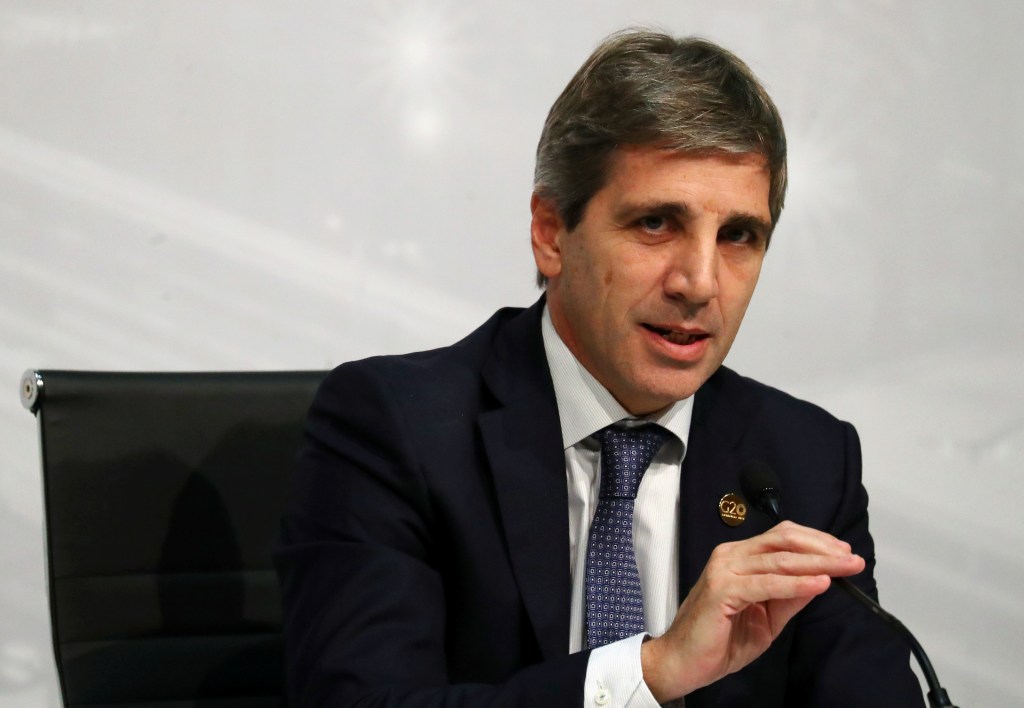
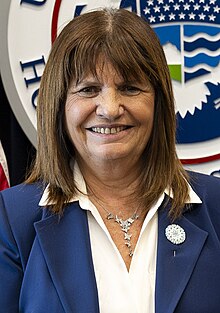

Several members of the Caputo family have been accused of financing the attack; Bullrich is alleged to have organized it and reportedly “cleaned” Milman’s cellphone in her office. Milman himself, days before the attack, was overheard saying in a bar near the National Congress: “When they kill her, I’ll be on my way to the coast [beach].” The Argentine judiciary has ensured that none of them will be held accountable for these events; they have not even been summoned for questioning.
A number of former presidents and social leaders from around the world have condemned the sentence against Cristina Fernández. “We express our absolute rejection of the political, media, and judicial persecution to which Cristina Fernández de Kirchner is being subjected. The conviction aims to eliminate from political life the twice-elected president and former vice president of Argentina, as well as the values and ideals she represents,” they stated.
Among the signatories are presidents Luis Arce (Bolivia) and Xiomara Castro (Honduras); former presidents Rafael Correa (Ecuador), Evo Morales (Bolivia), Ernesto Samper (Colombia), and Manuel Zelaya (Honduras); Spanish jurist Baltasar Garzón; and former Bolivian vice president Álvaro García Linera, among others. They further emphasized: “This case is part of a systematic plan of persecution, orchestrated by political, media, and judicial sectors, with the purpose of disqualifying her and promoting discourses of hate and violence.”
• There is no connection between Cristina Kirchner and the public works tenders.
• The competitors testified in court and acknowledged that Lázaro Báez—also convicted—won the tenders at the time due to his knowledge and the structure of his company, as he is from the area.
• No other company reported being excluded from the tenders.
• There was no steering of the tenders.
• The General Audit Office and the National Road Agency ruled out irregularities.
• Congress passed the law at the time to allocate public works, and no legislator was charged.
• Neither the Chief of Staff nor the Minister of Public Works was convicted in this case.
The mainstream media in Argentina created the climate that associates Cristina Kirchner and “the Kirchners” with corruption. In some Latin American countries, the concept of “Lawfare” has become more or less embedded in political discourse. Argentina is one of those places where it has gained significant traction in academic, political, media, and even governmental institutional circles.
On the front pages of the two most important national print newspapers (Clarín and La Nación) and on the main page of the most visited news website (Infobae), between May 1 and November 30, 2022 (214 days), the following appeared:
• Infobae: 45 results for “Vialidad case August 2022”
• Clarín: 21 headlines in the printed edition August 2022
• La Nación: 19 headlines in the printed edition August 2022
According to a study conducted by the Latin American Strategic Geopolitical Center (CELAG), regarding the Degree of Negativity of the Headlines, the value for all three media outlets is very high. In Clarín, 73% of the headlines about CFK are negative; 80% in La Nación; and 45% in Infobae.
2025: An Election Year
Next year, there will be mid-term parliamentary elections, and Cristina could potentially run for national deputy. As of now, she can do so because the conviction is not final, and it is almost impossible for it to be finalized before the elections. If that happens, she would likely be elected and could obtain legislative immunity. Legally, it would be completely legitimate, but this would spark a strictly political debate on whether or not she is entitled to this protection to avoid jail. Since this case is political rather than legal, nothing can be guaranteed.
That is why the party of former president Mauricio Macri—PRO—allied with the government of Javier Milei, has proposed a law called “Clean Record” (Ficha Limpia), similar to the one passed in Brazil during Lula da Silva’s previous administration: a citizen who has any ongoing legal proceedings would not be allowed to run for office. Who was imprisoned in Brazil under this law? None other than Lula himself. In Argentina, they want to pass a tailor-made law and apply it retroactively against Cristina Fernández. Is it legal? No, but since the prosecution is political, anything could happen.
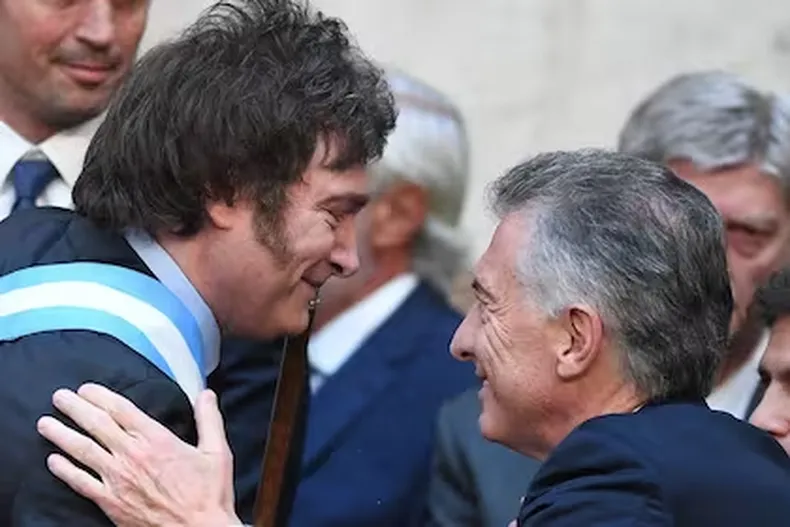
Eugenio Raúl Zaffaroni, former member of the Argentine Supreme Court and the Inter-American Court of Human Rights, stated: “The ‘Clean Record’ (Ficha Limpia) project is completely unconstitutional. Disqualification is a penalty, and as such, it can only be imposed after a final sentence, not on someone merely under investigation, because anyone can be processed—things can be fabricated against us, and ‘prima facie,’ it may appear that we are guilty…Until there is a final sentence, no citizen can be deprived of their right to run for office. The ‘Clean Record’ law is what Lula da Silva implemented in Brazil, it was enacted, and then applied to him. I believe that our politicians, regardless of their political affiliation, should be very careful not to commit this unconstitutional blunder. Today it can be applied to some, but tomorrow it could be applied to them.”
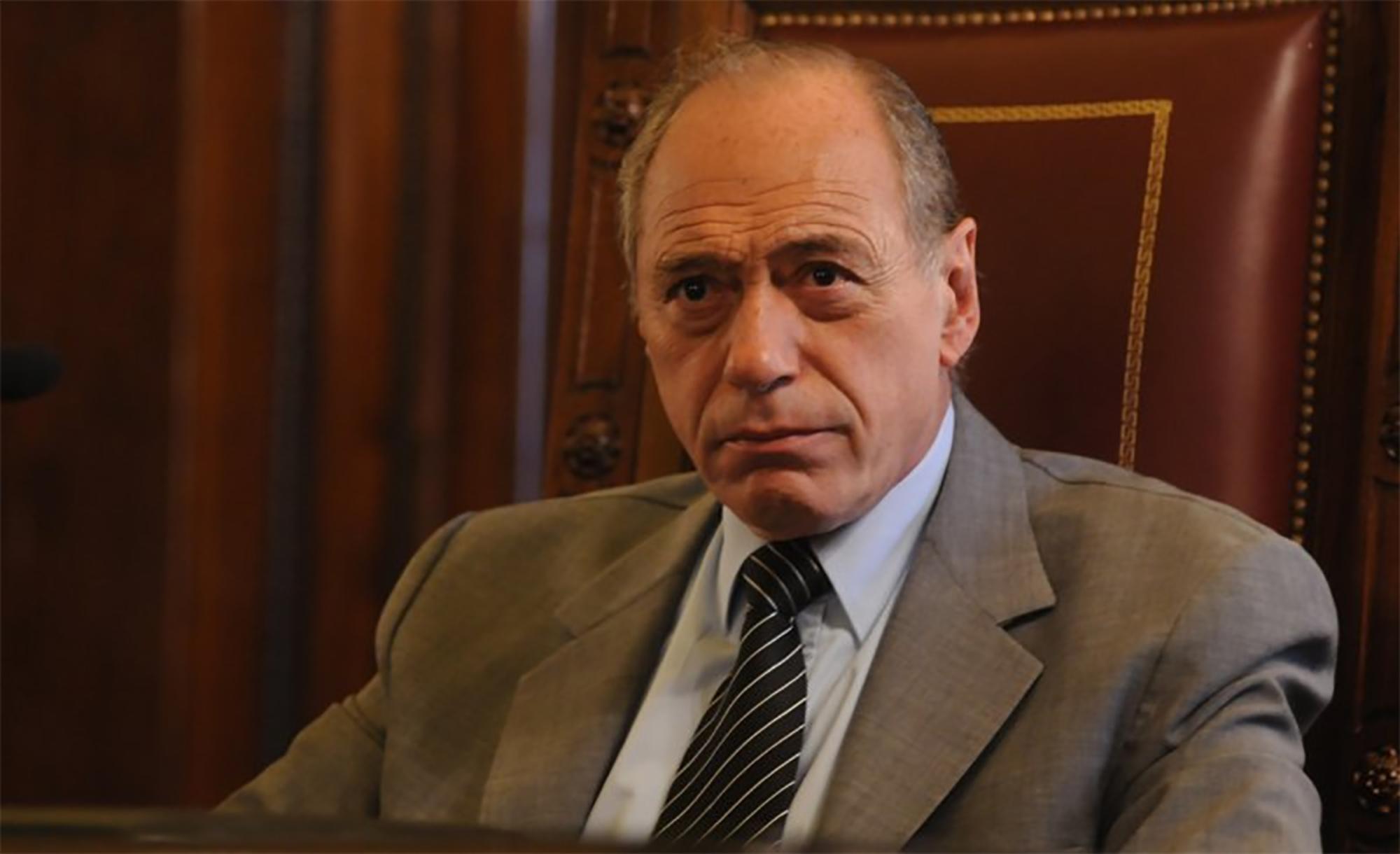
In this case, the Supreme Court would also decide. The judiciary is a branch co-opted by the right wing in general, and by Mauricio Macri in particular. It is anti-Kirchnerist and anti-Peronist. The president of the Criminal Cassation Court, Gustavo Hornos, visited Mauricio Macri six times at the Casa Rosada when he was president; each time, immediately after, a ruling against Kirchner was issued. Of the four members of the Supreme Court, two are directly linked to PRO and were appointed by Macri during his presidency in 2015. After the political scandal this caused, the appointments were later approved by Congress.

The major media outlets play two central roles in this system: They are the initiators of persecutions through “media denunciations” on television channels or on newspaper front pages, or they act as amplifiers of unfounded judicial accusations that certain individuals—typically the same ones—have previously filed in the federal courts.
Then, all the cases end up in the same federal courts. It does not matter whether the accusation is true or not. The amount of evidence available is of little importance. The sources are not crucial. The only thing that matters is whether the accusation is plausible, or at least whether it can be presented as such to the viewers. The legal case is initiated, the damage is done; the political leader will be persecuted by the “Justice” system, and this will have a disciplining effect on other leaders who might consider implementing public policies that challenge economic powers.
This has happened with former presidents in Latin America; it is happening now to Cristina Kirchner, and in the future, it will be suffered by other social leaders who dare to present political projects that challenge the interests of large economic groups, always linked to transnational powers.

CovertAction Magazine is made possible by subscriptions, orders and donations from readers like you.
Blow the Whistle on U.S. Imperialism
Click the whistle and donate
When you donate to CovertAction Magazine, you are supporting investigative journalism. Your contributions go directly to supporting the development, production, editing, and dissemination of the Magazine.
CovertAction Magazine does not receive corporate or government sponsorship. Yet, we hold a steadfast commitment to providing compensation for writers, editorial and technical support. Your support helps facilitate this compensation as well as increase the caliber of this work.
Please make a donation by clicking on the donate logo above and enter the amount and your credit or debit card information.
CovertAction Institute, Inc. (CAI) is a 501(c)(3) non-profit organization and your gift is tax-deductible for federal income purposes. CAI’s tax-exempt ID number is 87-2461683.
We sincerely thank you for your support.
Disclaimer: The contents of this article are the sole responsibility of the author(s). CovertAction Institute, Inc. (CAI), including its Board of Directors (BD), Editorial Board (EB), Advisory Board (AB), staff, volunteers and its projects (including CovertAction Magazine) are not responsible for any inaccurate or incorrect statement in this article. This article also does not necessarily represent the views the BD, the EB, the AB, staff, volunteers, or any members of its projects.
Differing viewpoints: CAM publishes articles with differing viewpoints in an effort to nurture vibrant debate and thoughtful critical analysis. Feel free to comment on the articles in the comment section and/or send your letters to the Editors, which we will publish in the Letters column.
Copyrighted Material: This web site may contain copyrighted material the use of which has not always been specifically authorized by the copyright owner. As a not-for-profit charitable organization incorporated in the State of New York, we are making such material available in an effort to advance the understanding of humanity’s problems and hopefully to help find solutions for those problems. We believe this constitutes a ‘fair use’ of any such copyrighted material as provided for in section 107 of the US Copyright Law. You can read more about ‘fair use’ and US Copyright Law at the Legal Information Institute of Cornell Law School.
Republishing: CovertAction Magazine (CAM) grants permission to cross-post CAM articles on not-for-profit community internet sites as long as the source is acknowledged together with a hyperlink to the original CovertAction Magazine article. Also, kindly let us know at info@CovertActionMagazine.com. For publication of CAM articles in print or other forms including commercial internet sites, contact: info@CovertActionMagazine.com.
By using this site, you agree to these terms above.
About the Author
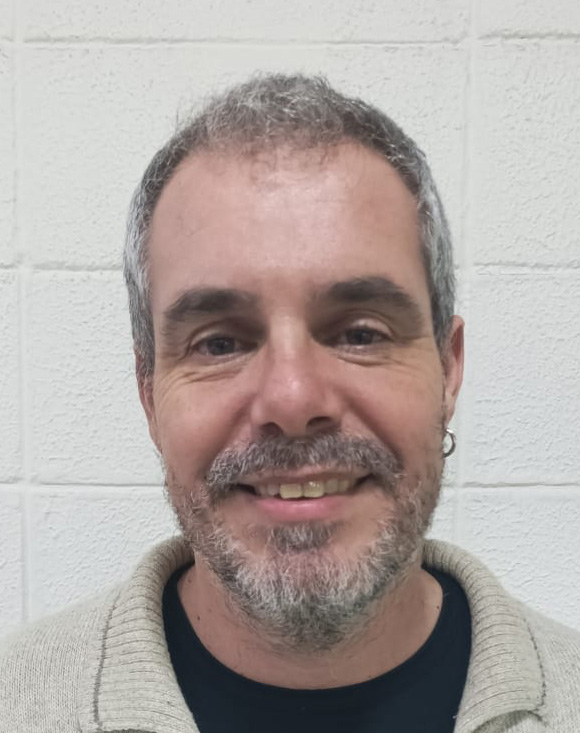
Hernán Viudes is an independent journalist and a graduate from The Faculty of Social Sciences at the University of Buenos Aires. He lives in Argentina and enjoys music, culture and football.
Hernán can be reached at hernanviudes@gmail.com.

